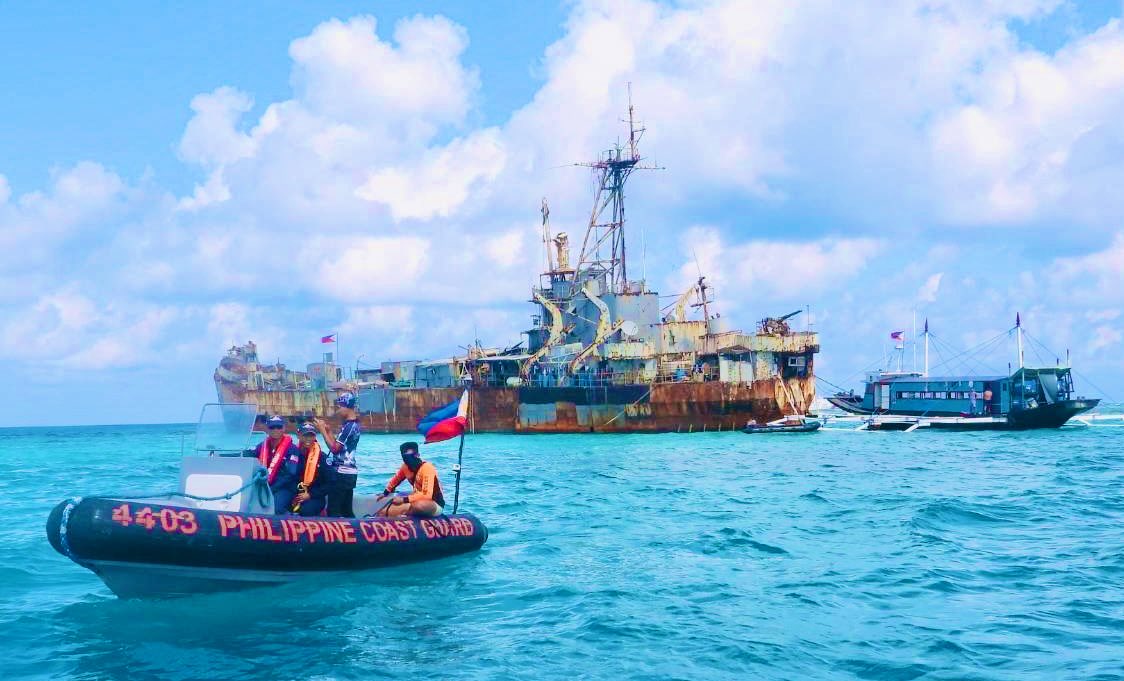The Chinese government has repeatedly criticized the U.S. deployment of Mid-Range Capability missile system in the Philippines making clear its opposition. On Thursday, Philippine President Ferdinand R. Marcos Jr. challenged China to halt its coercive actions in the West Philippine Sea in exchange for the country’s return of the Typhon missile system to the United States.
The Philippine President told reporters that he will “return the Typhon missiles” if China stops its “aggressive and coercive behavior” in the South China Sea.
Speaking to reporters in Cebu City, President Marcos said that the government refrains from commenting on China’s missile systems but noted China’s outspoken objections to the Philippines’ defense measures.
He said he did not understand China’s opposition to the US Typhon missile system, first deployed to the Philippines in April 2024 as part of the Balikatan military exercises.
“Let’s make a deal with China: Stop claiming our territory, stop harassing our fishermen and let them have a living, stop ramming our boats, stop water cannoning our people, stop firing lasers at us, and stop your aggressive and coercive behavior, and we’ll return the Typhon missiles,” the President said.
The president’s remarks came after the Chinese Foreign Ministry spokesperson Mao Ning criticized the U.S. deployment of Mid-Range Capability missile system in the Philippines in a press conference on January 23.
“We once again call on the Philippines to heed the call from regional countries and their peoples, correct the wrongdoing as soon as possible, quickly pull out the Typhon missile system as publicly pledged, and stop going further down the wrong path,” she said.
Mao Ning added: “Let me stress again that by bringing this strategic offensive weapon into this part of the world, the Philippines is essentially creating tensions and antagonism in the region and inciting geopolitical confrontation and an arms race. This is a highly dangerous move and an extremely irresponsible choice for its own people, the people of the other Southeast Asian countries, and regional security.”



